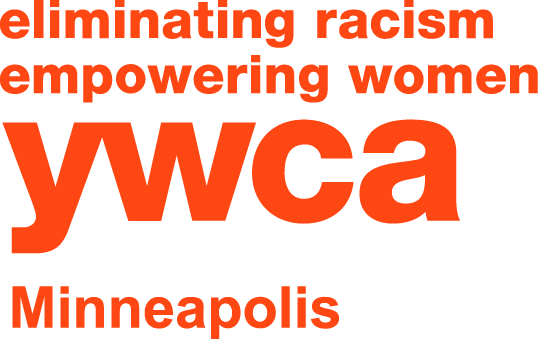Preparing Children for Kindergarten with MacPhail Music Programming
YWCA Minneapolis Partners with MacPhail Center for Music
Benefits of Music Programs
Benefits of music in classrooms include increased verbal intelligence, boosted math skills, improved listening skills and the building of executive function. Most importantly, it helps prepare children more fully for Kindergarten and beyond. The learning window from birth to 10 years is especially striking, and brain research shows that children who are exposed to music in their earliest years are able to absorb so much more.
Sharing the Love of Music with Infants through Preschoolers
Each week, a MacPhail faculty member visits YWCA classrooms to teach music to children ranging in age from infants to preschoolers. One such MacPhail employee is Sandy. Sandy has many roles at MacPhail, bringing to each position high energy and enthusiasm. And no place is this more important than her position as Early Childhood Music (ECM) teacher where she has been sharing her love of music since 1995.
Musical Play Activities
Classroom themes and goals are used to plan musical play activities that are appropriate for each age group and each specific classroom. Activities include group singing and investigation of musical concepts. Children also explore types of instruments including rhythm instruments such as finger drums, triangles or egg shakers and large instruments like violins, mandolins and harps.
Musical Activities per Age Group
Infants
Infants engage in a myriad of sensory activities. They develop large motor skills when they touch and play with rhythm instruments. Musical play with scarves develops visual tracking and object permanence.
Toddlers
Toddlers engage in large motor activities, such as singing and moving to active songs like “Skip to My Lou.” These activities establish and improve body-spatial awareness and impulse control. They also begin to explore more complex rhythm instruments like the triangle and sandpaper blocks and other larger instruments. This exploration develops fine motor skills.
Preschoolers
Preschoolers begin to engage in more complex musical play, including games. This helps enhance cooperative social skills and encourages creative development. Preschoolers begin to develop their vocal skills through occasional independent singing and learn about more complex musical concepts like dynamics (loud and quiet) and tempo (fast and slow).
High-Quality Music Classes at No Extra Cost
Children at YWCA Minneapolis Early Childhood Education Centers have access to consistent weekly music classes facilitated by instructors who are highly trained and have years of experience teaching and performing. All of this programming comes at no additional cost to the family.
